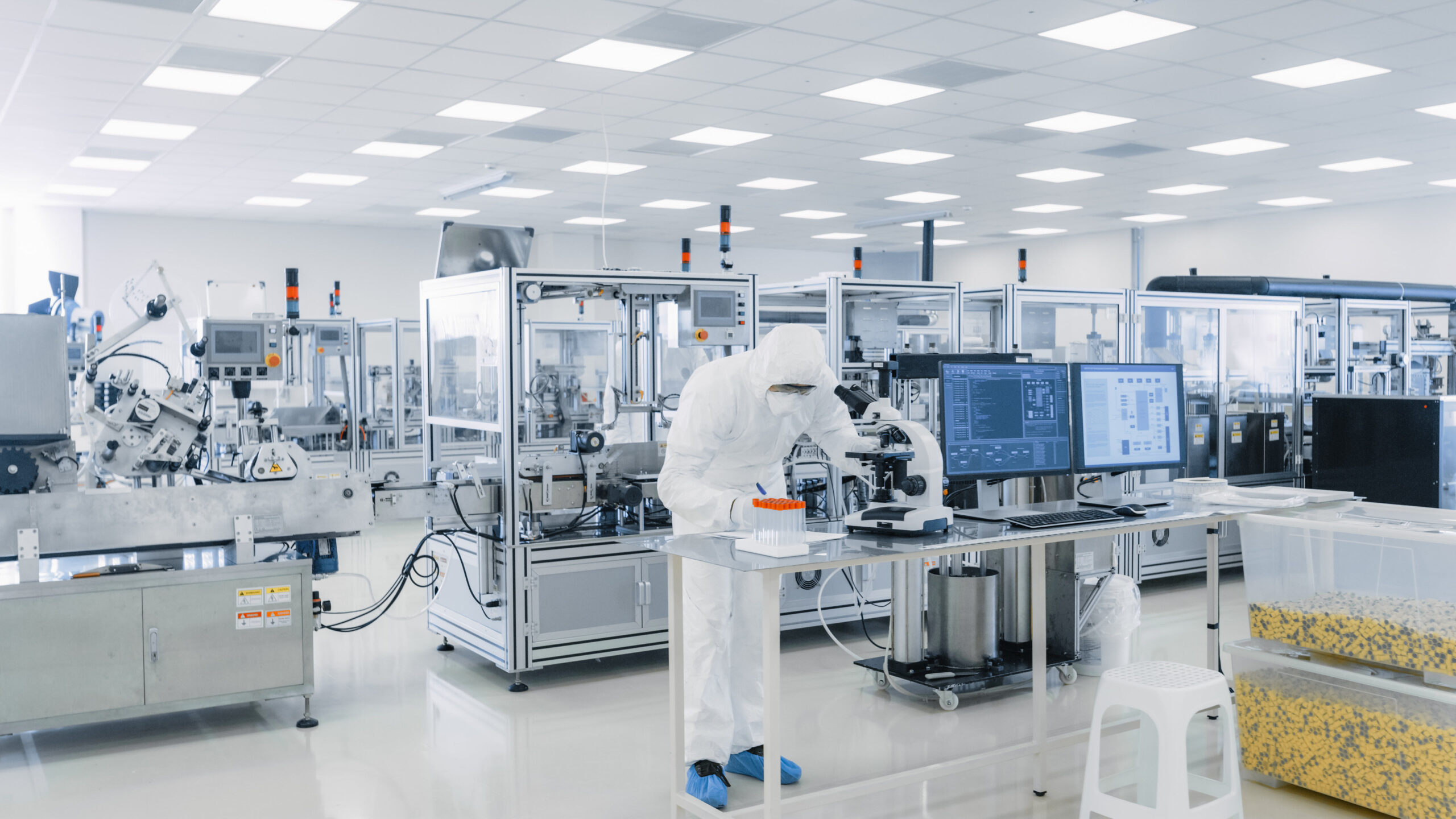In Life Sciences manufacturing, precision and excellence are not mere aspirations; they are imperatives. The traditional approach to long-term manufacturing planning software, which has served as a cornerstone for decades, is finding itself increasingly outpaced by the industry’s ever-evolving demands. While legacy systems and spreadsheets have played pivotal roles in the past, they now struggle when it comes to coordinating intricate production processes, controlling costs, and delivering customer satisfaction.
Today, Life Sciences manufacturing confronts a unique set of challenges: uncompromising regulations, escalating costs, relentless time-to-market pressures, shelf life constraints, environmental constraints, supplier visibility , and a surging demand for patient-centric solutions without compromising product quality. To navigate this multifaceted landscape, manufacturers must undergo a digital transformation, which includes the adoption of Advanced Planning and Scheduling (APS) software for finite scheduling that empowers proactive management of manufacturing and supply chains.

What digital transformation looks like for life sciences manufacturing
Smart Manufacturing and the Digital Twin
Smart manufacturing isn’t a distant vision; it’s already a reality. It commences with the creation of digital twins, which are comprehensive cyber representations of products. These digital twins guide the entire product lifecycle, enabling pre-experience and scenario testing, resource optimization, and cost reduction.
ERP vs. Advanced Planning and Scheduling (APS)
While Manufacturing Enterprise Resource Planning (ERP) software serves as the information management backbone for manufacturers, it falls short of being synonymous with digital manufacturing. ERP primarily manages customer orders and financial records but lacks real-time adaptability and dynamic interaction with the manufacturing environment.
In contrast, Advanced Planning and Scheduling (APS) software represents a paradigm shift. It orchestrates material, labor, and capacity planning simultaneously, culminating in a more practical and workable plan.
Simulation and the Industrial Internet of Things (IIoT)
The convergence of IIoT with simulation is transformative. Smart devices provide real-time data that APS systems use to monitor shop activities, inventory movements, equipment status, and more. Simulation models the plant and supply chain, offering ‘what-if’ capabilities, comparing real-time data to expected outcomes, and ensuring rapid corrective action based on user defined KPIs.
The Profits of Simulation-Based APS
Simulation-based APS can provide solutions to complex questions and deliver achievable completion estimates. This ensures the meeting of target due dates, reduced lead times, lower inventory, and heightened productivity and throughput.
Transcending Boundaries with APS
The true potency of APS lies in its ability to coordinate activities for optimal customer service, minimal costs, and resource utilization. It overcomes the limitations of traditional spreadsheets and non-dynamic planning systems, connecting all facets of the organization and supply chain.
APS in Life Sciences Manufacturing
Manufacturers in the Life Sciences sector are poised to reap significant benefits from APS solutions. Complex medical device manufacturers with intricate bills and processes find advantages in coordinated supplier management and inventory tracking. High-volume medical supply and pharmaceutical manufacturers benefit from equipment scheduling and raw material and component inventory management while all taking into account constraints on resources and required certification levels.
Unlock These Capabilities with DELMIA Advanced Planning and Scheduling (APS)
DELMIA APS delivers finite capacity optimization with machines, equipment, labor, raw materials that will:
• Synchronize various levels of bills of material
• Enhance production campaigns in the various production stages
• Optimize semi-finished product and raw material inventories
• Provide traceability from manufacturing to packaging
• Supply an optimized, dynamic and feasible schedule
• Deliver a flexible schedule that is responsive to unforeseen events
• Ensure decision-support through increased visibility
DELMIA APS campaign planning takes into account the specific requirements of the pharmaceutical industry such as:
• Traceability of pharmaceutical batches
• Links between WOs/synchronization between stages
• Changeovers on both reactors and packaging lines and according to product sequences
• Incompatibility between products or processes
• Limited number of dies and punches
• Taking into account weighing
• Clean rooms and means capacities (rooms, storing)
• Tank management
Some of the benefits include, but are not limited to:
• Reduction in production cycle times
• Decrease in raw materials inventories through pull flow supply based on finite capacity sequencing
• Minimization of changeovers on production and packaging lines
• Better anticipation and optimization of the use of personnel
Future-Proofing Your Operations
Life Sciences manufacturing is experiencing a significant transformation, and digitalization is no longer a choice but a necessity. From precision in pharmaceuticals to innovation in medical devices, the future of Life Sciences manufacturing is digital. This journey has already commenced, promising enhanced compliance, improved production processes, and the ability to bring life-saving solutions to market more swiftly.
In this dynamic environment, embracing digital solutions like DELMIA APS is not just an investment in efficiency but also in patient well-being. Companies leveraging the software have been able to reduce cycle time by 50%, inventories by up to 40% , improve on-time delivery up to 99.5%, and set-up time by 25%, achieving manufacturing excellence in Life Sciences.
The ability to optimize resources, streamline operations, and enhance decision-making is pivotal for this transformation, ensuring the industry remains at the forefront of innovation and patient-centric solutions.
Download our white paper, Innovate and Optimize Manufacturing in Life Sciences, to learn more about the compelling values DELMIA can help you gain to stay ahead of the curve in Life Sciences manufacturing.

